Economic growth is something nearly everyone wants, but this thought-provoking book suggests that sometimes it might be necessary to trade some growth for other benefits. In taking on a subject that is central to present political debates and future concerns, professor Daniel Susskind offers ways to use market incentives to motivate and redirect technology in a way that will allow growth to coexist with protecting the environment and reducing inequality. To some readers, Susskind’s conclusions might seem fairly modest, but that’s all the better for a complex subject in which only charlatans and fools provide dramatic solutions.
Sustained economic growth began only about 200 years ago, and the idea of measuring it is even more recent.
Up until a few centuries ago, empires would rise and fall, and conquering lands and exploiting the masses would mean riches for ambitious leaders. But most people then still lived a life of basic subsistence. The infamous ideas of 17th-century scholar Thomas Malthus rang true in predicting that, like species in the natural world, the human population would rise when available resources increased, and then fall when resources were constrained. But Malthus’s conclusions were right about the tens of centuries of human civilization he had studied; thankfully, they have been wrong about the two centuries following his work.
For the first hundred years of sustained economic growth, political leaders and economists didn’t understand how it was created, nor did they measure it or focus policy on increasing it. An American economist, Simon Kuznets, was the first to work on calculating what is now called the gross domestic product (GDP) when he was commissioned in 1933 to try to measure the depressed US economy. Kuznets’s numbers...









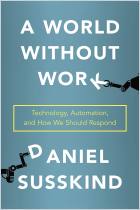


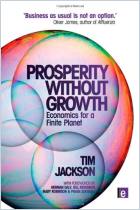
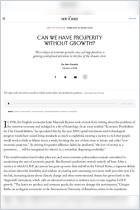
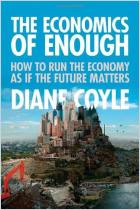
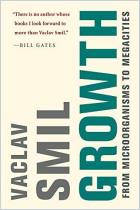
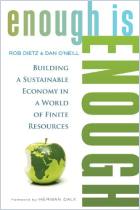



Comment on this summary or Comenzar discusión